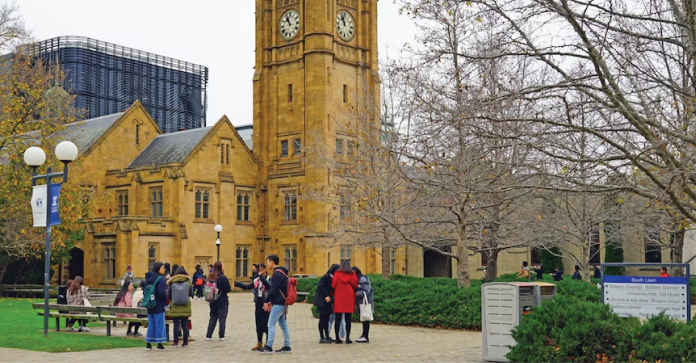The Australian federal government’s recent decision to cap international student numbers at 270,000 for 2025 has stirred a significant divide within the tertiary education sector. While prestigious urban universities have voiced strong opposition, regional and suburban institutions are cautiously optimistic about the potential benefits.
Education Minister Jason Clare announced the cap as part of a broader strategy to create a more balanced and equitable distribution of international students across the nation. “This is about setting the system up in a better and fairer way. It’s not just a lucky few universities that benefit from international education, but the whole sector,” Clare stated.
However, the announcement has met with sharp criticism from the Group of Eight (Go8), which represents Australia’s largest and most research-intensive universities. Vicki Thomson, CEO of the Go8, expressed the group’s frustration, calling the move “an insult” to universities that have long been leaders in research, education, and upholding Australia’s global reputation in higher education. “This cap is a clumsy sleight of hand that will punish the very institutions that have consistently attracted the best global talent,” she added.
On the other hand, smaller regional universities, such as La Trobe University and the University of Wollongong, have welcomed the move. These institutions, which have struggled under the current system that prioritized visa processing for larger universities, see the cap as a chance to attract a more significant share of international students. Theo Farrell, Vice-Chancellor of La Trobe University, stated, “We welcome the certainty and fairness this new system brings and are optimistic about its potential to support sustainable growth in international education across Australia.”
Despite the intended fairness, there are concerns about the broader implications of the cap. Critics warn that it could damage Australia’s global reputation as a premier destination for international students, stymie competition, and negatively impact the economy. Business groups like the Australian Chamber of Commerce and Industry (ACCI) have also voiced concerns, suggesting that the cap could harm small businesses that rely on the international education sector.
As the debate continues, the bill’s passage through the Senate remains uncertain. If delayed, it could create further anxiety among prospective and current international students, many of whom already feel unwelcome. Margaret Sheil, Vice-Chancellor of Queensland University of Technology, highlighted the potential unintended consequences, noting that “International students choose universities and courses, not countries. If they can’t study where they want in Australia, they might just go elsewhere.”
#InternationalEducation #StudyInAustralia #HigherEducation #GlobalStudents #AustraliaUniversities #EducationPolicy #StudentCap #RegionalUniversities #Go8 #FairEducation #GlobalReputation #AustralianEconomy


